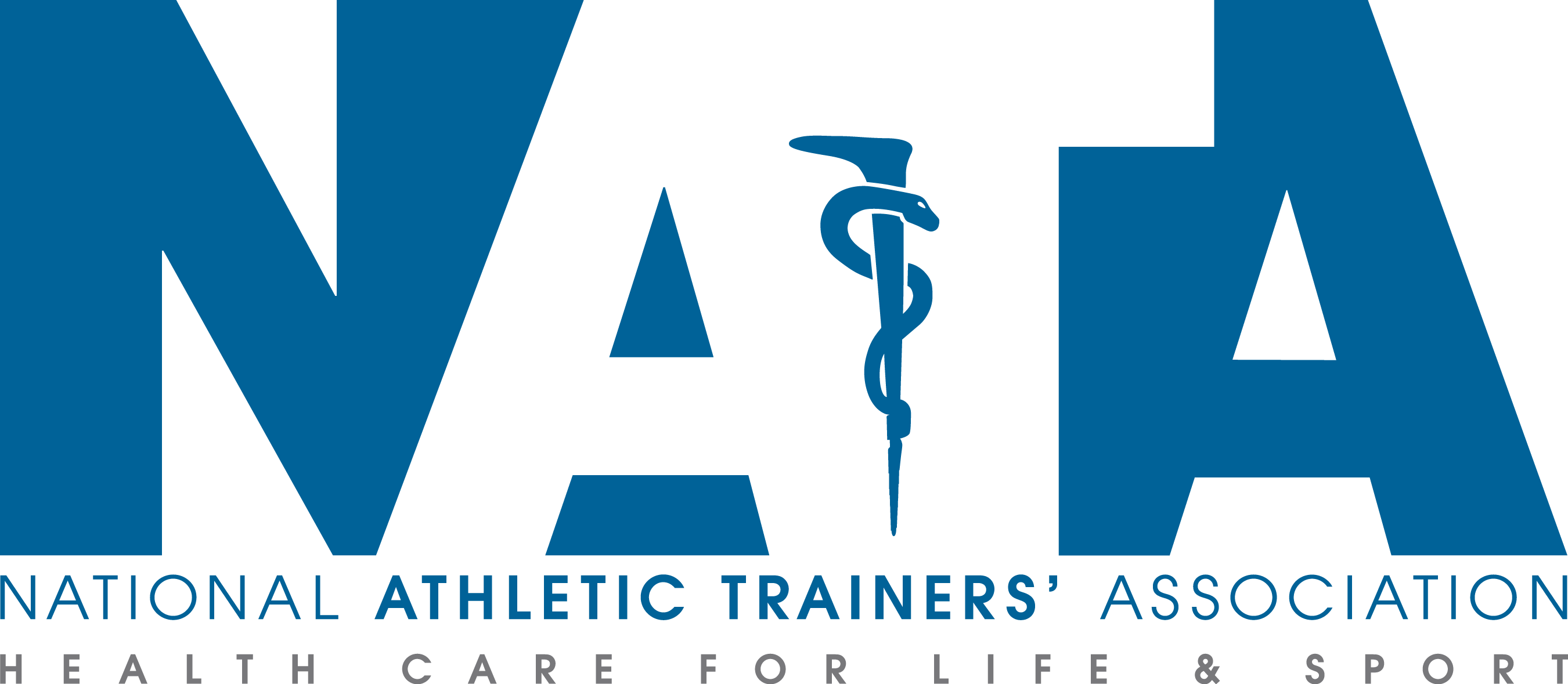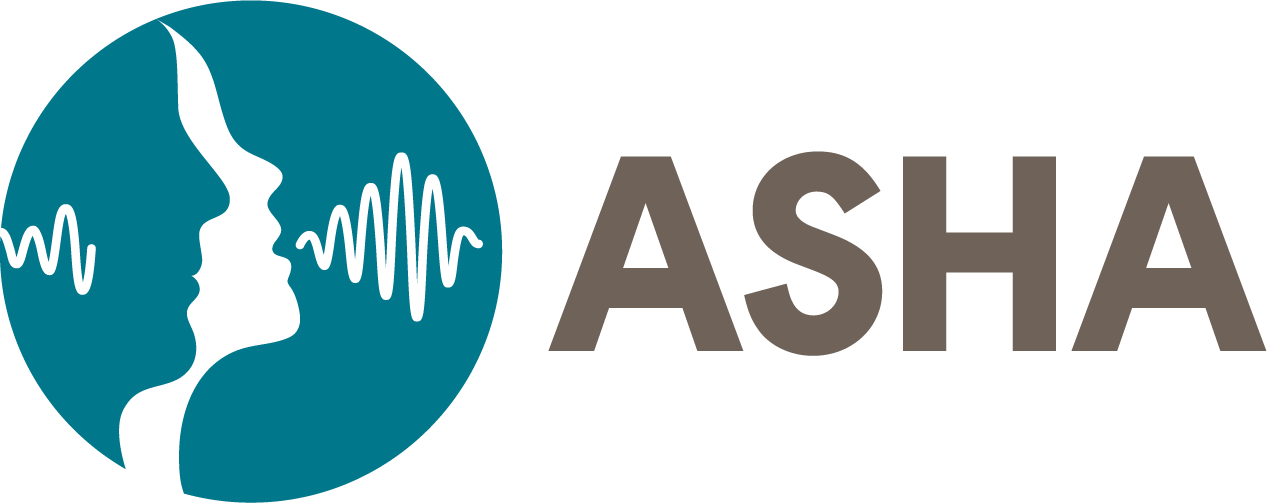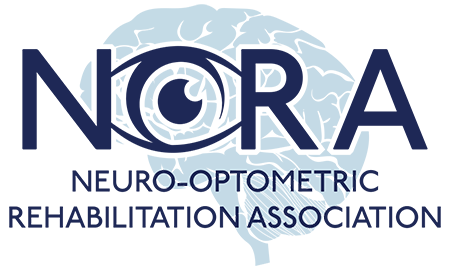We often say that concussion care is a journey—and no two journeys will look the same. Dive into these resources for insights and tools to better understand concepts like executive function deficits, post-concussion care, and the chronic nature of concussion symptoms—and what they might mean for your patients.
Explore NEW Concussion Certificate Program for Healthcare Professionals
In partnership with several of our CAN healthcare partners, this CEU course is a great way to learn more about concussion care while fulfilling your continuing education requirements.
Become a CAN Champion
Sign up to become a Concussion Awareness Now Champion for your hospital, clinic, or center and we’ll keep you up to date with resources, tools, and additional education opportunities.
Understanding Concussion: Symptoms, Diagnosis, and Treatment Approach
National Athletic Trainers’ Association Bridge Statement: Management of Sport-Related Concussion
Exercising More Than 150 min/wk After Concussion Is Associated With Sleep Quality Improvements
Executive Functioning and mTBI
Case Study: IPP Team Develops Rehabilitation Transition Plan for High School Student Following a Traumatic Brain Injury
Chronic inflammation may delay concussion recovery
- 1
- 2




